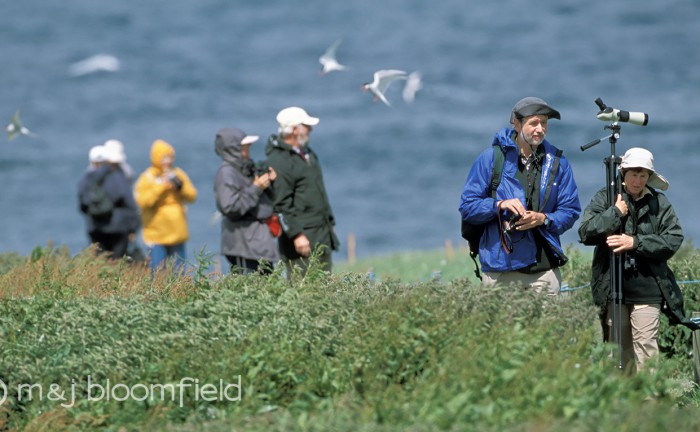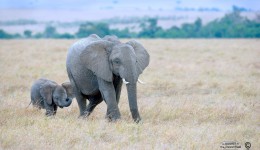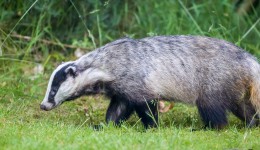
Our children, will they be the guardians of our wildlife?
Who will look after our wildlife tomorrow? It is looking more and more likely that the answer will be no-one. Our children and grandchildren are less engaged with the outdoors than ever before. We have raised a generation knowing nothing and caring even less, about what happens in our countryside.
Unless we can reconnect our children with the outside, teach them to love and care for nature and its home, we may as well give up all our current conservation efforts now. Because without young people, to care for our wildlife and countryside, we are fighting a worthless cause to protect it for future generations.
In a recent YouGov poll, commissioned by The Wildlife Trusts over a quarter (27%) of the children aged between 8-15 had never played by themselves beyond their house or garden. A staggering 37% hadn’t been out in the garden in the past 6 months. Only 24% of children said their school had an indoor nature display area like a nature table. When you ask the parents a different question 91% think having access to nature and wildlife is important for children. In fact 78% were concerned that children don’t spend enough time interacting with nature and wildlife.
It was the adventures in the school holidays fishing, horse riding and playing in the local woods that influenced our current love of nature and wildlife. Today the outdoors is a scary place for many parents. All that mud, lots of sharp things, things you don’t know about.
You don’t need to be an expert, take children to a local wild place and let them discover it. So you don’t know all the names of the things you will see, neither do we. But there are some great resources available to you and your children. Learn together; get dirty together, have a wonderful time. And as for the mud and dirt, to quote our parents “children are born washable” and let’s not forget “it’s clean dirt”.
Re-connecting our children with wildlife and nature is a must, for our landscape and habitats to survive. It is up to us to bring wildlife and nature to them. Being outdoors is fun. Let children get muddy, climb trees, have a sense of adventure. Get them out in the countryside; get them engaged in a physical activity, rather than sat indoors in front of a computer screen.
The Wildlife Trusts are running a special campaign to re-engage our young people with the outside world. If you would like your children to become involved then, visit the Wildlife Trusts’ special website dedicated to the campaign http://www.wildlifetrusts.org/everychildwild
If you decide to try the great outdoors, then why not let other people know how much you and your children enjoyed it via social media. Use the hashtag #EveryChildWild in your post. We will leave you with a quote from someone who has done more to make nature accessible to everyone than perhaps anyone else.
“Contact with nature should not be the preserve of the privileged. It is critical to the personal development of our children. We will be physically, mentally and spiritually impoverished if they are deprived of contact with the natural world.” – Sir David Attenborough
children, conservation, nature, wildlife


Comments RSS Feed